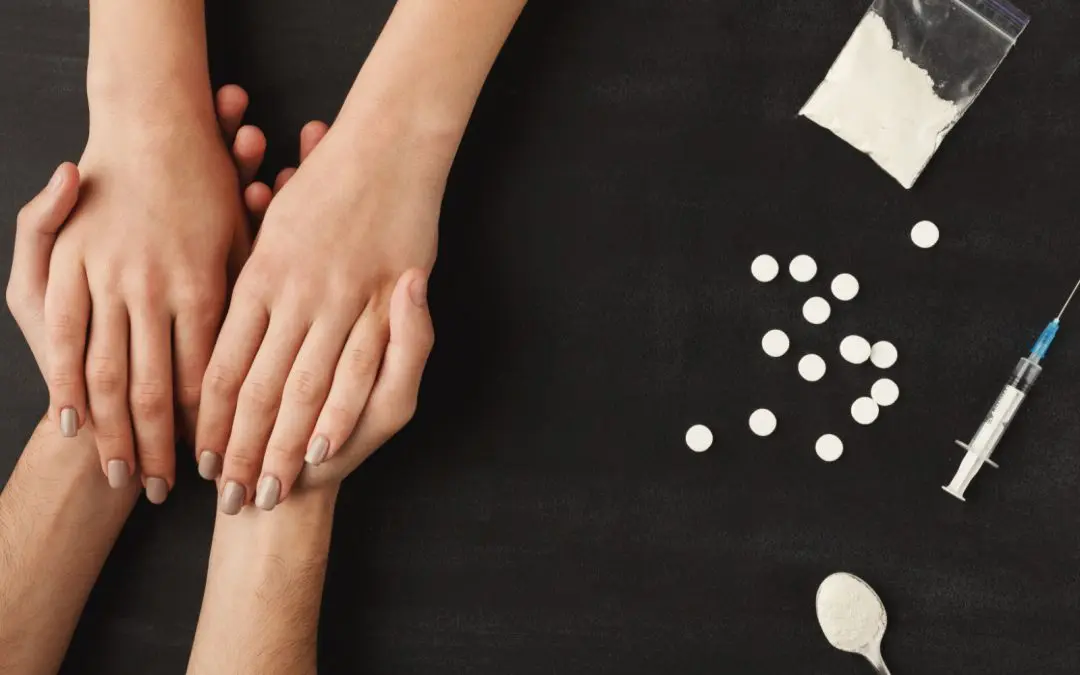24/7 Helpline:
(866) 899-111424/7 Helpline:
(866) 899-1114
Other Insurance Options

Evernorth

Optum

BlueShield

Health Choice

MVP Healthcare

Premera

WellCare Health Plans

Covered California

Aetna

Oxford

Health Net

ComPsych

United Health Care

UnitedHealth Group

Health Partners

Lucent

Optima

Group Health Incorporated

Coventry Health Care

Anthem

Ford Street Project
Ford Street Project is a non-profit rehab located in Ukiah, California. Ford Street Project speciali...

Mendocino County Alcohol and Drug Treatment
Mendocino County Alcohol and Drug Treatment is a public rehab located in Ukiah, California. Mendocin...

Consolidated Tribal Health Project
Consolidated Tribal Health Project provides behavioral health services for children, youth, adults, ...

Mendocino County Drug Treatment
Mendocino County Drug Treatment is a public rehab located in Fort Bragg, California. Mendocino Count...

Positive Directions – The Center for Prevention and Counseling
Positive Directions was established in 1971 in Westport, CT as a volunteer effort by recovering alco...

Community Health Resources – The Center for Health and Wellness
Community Health Resources – The Center for Health and Wellness is a private rehab located in Manche...

Community Child Guidance Clinic
Community Child Guidance Clinic is a private rehab located in Manchester, Connecticut. Community Chi...

Causeway Collaborative
Helping emerging adults bridge the gap between potential and outcome Our programs help foster fruitf...

Clearpoint Recovery Center
Clearpoint Recovery Center is a facility of Westport House that provides outpatients programs for pe...

Mathers Recovery
Mathers Recovery is a private rehab located in Yorkville, Illinois. Mathers Recovery specializes in ...

Cumberland Behavioral River Health
Cumberland River Behavioral Health is an outpatient facility for individuals with a Mental Health di...

Awakenings Rehabilitation
Awakenings Rehabilitation is a substance abuse treatment designed those who want to achieve long-las...

Valley Hope of Boonville
Located in central Missouri off I-70 and set on a wooded, eight-acre campus amidst rolling hills, Va...

Burrell Behavioral Health – Boonville
Burrell Behavioral Health – Boonville is a private rehab located in Boonville, Missouri. Burrell Beh...

Pathways Community Health
Pathways Community Health - 319 Main Street provides mental health and substance use disorder treatm...

Live Free Structured Sober Living
Live Free Structured Sober Living is a private drug and alcohol addiction recovery facility in Manch...

Farnum – Outpatient
Farnum Outpatient is located in scenic New Hampshire serving adults in New England and beyond. Servi...

New Season – Manchester Metro Treatment Center
New Season- Manchester Metro Treatment Center is an addiction treatment center located in Manchester...

Manchester Comprehensive Treatment Center
Manchester Comprehensive Treatment Center provides medication-assisted treatment for individuals str...

Farnum – Queen City
Located in picturesque Manchester, New Hampshire, Farnum offers comprehensive addiction recovery ser...

Teen Challenge New England and New Jersey
Teen Challenge New England and New Jersey offers a residential program for individuals with alcohol ...

The Mental Health Center of Greater Manchester
The Mental Health Center of Greater Manchester is a private rehab located in Manchester, New Hampshi...

Bedford Counseling Associates – Mental Health Center of Greater Manchester
Bedford Counseling Associates – Mental Health Center of Greater Manchester is a non-profit rehab loc...

Bradford Health Services
Bradford Health Services - Mcarthur Street provides outpatient and intensive outpatient treatment fo...






















Root Center for Advanced Recovery – Manchester Clinic
Root Center for Advanced Recovery – Manchester Clinic is a private rehab located in Manchester, Conn...

Saint Vincents Medical Center – Behavioral Health Services – Westport
Saint Vincents Medical Center – Behavioral Health Services – Westport is a private rehab located in ...

Community Prevention Addiction Services
Community Prevention Addiction Services is a private rehab located in Manchester, Connecticut. Commu...

Eastern Rehabilitation Network
Eastern Rehabilitation Network is a private rehab located in Manchester, Connecticut. Eastern Rehabi...

AA – Alcoholics Anonymous
AA – Alcoholics Anonymous is a private rehab located in Manchester, Connecticut. AA – Alcoholics Ano...

Rehabilitation Associates
Rehabilitation Associates is a private rehab located in Westport, Connecticut. Rehabilitation Associ...

Downtown Manchester Outreach Project
Downtown Manchester Outreach Project is a private rehab located in Manchester, Connecticut. Downtown...

Southwestern Behavioral Healthcare – Warrick Regional Services
Southwestern Behavioral Healthcare - Warrick Regional Services offers outpatient services for those ...

Abbe Center for Community Mental Health – Manchester
Abbe Center for Community Mental Health – Manchester is a private rehab located in Manchester, Iowa....

Substance Abuse Services Center – SASC
Area Substance Abuse Council (ASAC) is an accredited drug and alcohol addiction rehab located in Man...

Chad’s Hope – Adult & Teen Challenge
Adult & Teen Challenge’s facility Chad’s Hope in Manchester, KY is a faith led drug and alcohol reha...

A New Philosophy
A New Philosophy is a private rehab located in Albion, Maine. A New Philosophy specializes in the tr...

Narconon – Freedom Center
Narconon – Freedom Center is a private rehab located in Albion, Michigan. Narconon – Freedom Center ...

Calhoun County – Behavioral Health
Calhoun County – Behavioral Health is a public rehab located in Albion, Michigan. Calhoun County – B...

Freedom Treatment Center
Freedom Treatment Center is a private rehab located in Albion, Michigan. Freedom Treatment Center sp...

Integrated Health Services
Integrated Health Services is a private rehab located in Manchester, New Hampshire. Integrated Healt...

Mental Health Center of Greater Manchester
Mental Health Center of Greater Manchester is a private rehab located in Manchester, New Hampshire. ...

Serenity Place
Serenity Place is the premier substance use disorder and education center in New Hampshire, offering...

Vision House Sober Living
Vision House Sober Living is a private rehab located in Manchester, New Hampshire. Vision House Sobe...

Drug Abuse Prevention and Recovery
Drug Abuse Prevention and Recovery is a private rehab located in Manchester, New Hampshire. Drug Abu...

New Life Ministries – Women’s Residential
New Life Ministries is a faith based substance abuse treatment center for women located in Mancheste...

Farnum – Sober Living House
Farnum – Sober Living House is a public rehab located in Manchester, New Hampshire. Farnum – Sober L...

Christian Aftercare Ministries
Christian Aftercare Ministries is dedicated to preventing and breaking the criminal self-destructive...

Delta Counseling Consultants
Delta Counseling offers help with: Grief Anxiety Stress Depression Relationships Addiction issues Ho...

Groups
Groups is private healthcare company providing outpatient treatment for opiate addiction using weekl...

Orleans County Mental Health
Orleans County Mental Health - 14014 State Highway offers outpatient services for individuals with m...

GCASA
Our treatment services are broad and encompassing. We are licensed by NYS Office of Addiction Servic...

Sunrise Counseling
Sunrise Counseling is a private rehab located in Westport, Washington. Sunrise Counseling specialize...
















































































































































































































